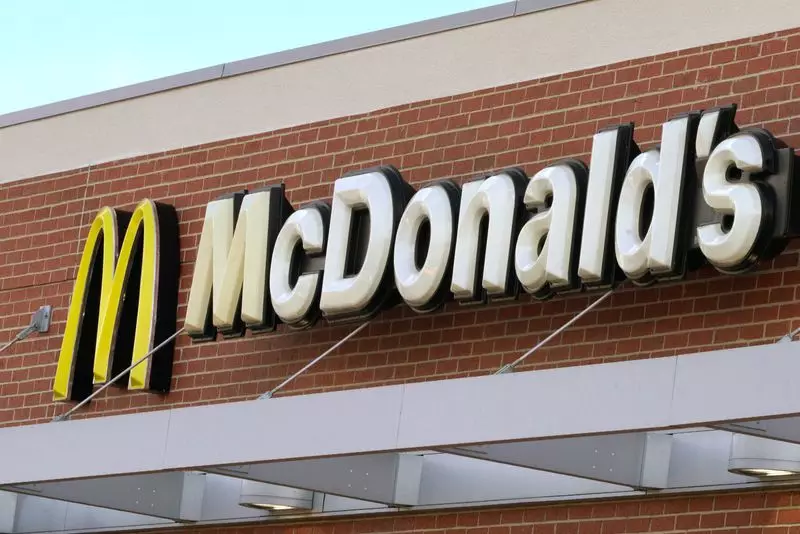An unsettling health crisis has emerged, with a recent E. coli outbreak linked to McDonald’s Quarter Pounder burgers prompting serious concern across the nation. The fast-food giant swiftly removed the popular item from nearly a fifth of its 14,000 locations in the U.S., particularly affecting states like Colorado, Kansas, Utah, and Wyoming, among others. With one confirmed death and nearly 50 reported cases of illness, the urgency of the situation has escalated, drawing the attention of health authorities, including the Centers for Disease Control and Prevention (CDC).
As reported, the outbreak has led to hospitalizations of ten individuals who suffered serious complications from the infection, raising alarms about the safety of fast-food meat products. CDC spokesperson Tom Skinner warned that more cases may surface as investigations continue. This situation begs a broader exploration of food safety practices in the fast-food sector, particularly in an era when consumer awareness and concern about health risks in food are at an all-time high.
The current crisis is not an isolated incident within the fast-food landscape; rather, it echoes previous outbreaks that have had lasting impacts on major chains. The notorious E. coli outbreak in 1993 at Jack in the Box, which resulted in the tragic deaths of four children, set a precedent for how contamination issues can tarnish a brand’s image and consumer trust. More recently, Chipotle Mexican Grill faced a series of food safety scandals that sent stock prices plummeting and led to prolonged declines in sales. This historical context provides a sobering perspective on the potential repercussions McDonald’s may face in the coming months.
McDonald’s, like other major food chains, has stringent testing protocols in place for its suppliers. Company representatives maintain that their products were regularly tested during the outbreak window, yet the specific strain of E. coli was not detected. This discrepancy highlights a critical aspect of food safety: the complexities involved in tracing contaminated ingredients back to their source and the potential for gaps in existing safety protocols.
In light of the outbreak, McDonald’s USA President Joe Erlinger emphasized the need to regain consumer trust, an essential component for continued success in the competitive fast-food market. He articulated the company’s commitment to reinforcing consumer confidence and outlined proactive measures taken immediately to remove the suspect item from their menu. The importance of transparency during such crises cannot be overstated; consumers increasingly expect companies to address food safety issues openly and efficiently.
The stock market response to the unfolding crisis is telling. On the day the news broke, McDonald’s shares fell by 4.9%, dipping to as low as $290.88 before recovering slightly. Such market fluctuations serve as a reminder of how intimately tied public perception and consumer safety concerns are to the financial performance of major corporations.
Market analysts forecast that McDonald’s fourth-quarter sales may experience pressure as the outbreak garners more media coverage and public attention. Although it remains too early to predict the full extent of the impact, historical data suggests that the ramifications of foodborne illnesses can linger long beyond the crisis itself. The rapid response from McDonald’s may mitigate some damages; however, their situation emphasizes the ongoing challenge of managing brand reputation in today’s digital age of information.
In comparing this incident to similar outbreaks at Chipotle and Jack in the Box, one can surmise that a quick response could prevent the kind of reputational harm that leads to extended periods of consumer hesitation. McDonald’s ability to efficiently address health concerns and communicate these actions will be pivotal in determining the long-term effects of this outbreak.
The troubling outbreak underscores the critical need for continuous vigilance in food safety practices across the fast-food industry. As consumers become more educated about health risks associated with food, companies must strive to maintain high standards at every level of their supply chain. For McDonald’s, navigating this crisis with integrity and transparency will not only assist in recovery from the current scandal but also shape the future of consumer confidence in fast food as a whole. Whether this incident becomes a mere footnote in McDonald’s storied history or a catalyst for systemic change remains to be seen.

